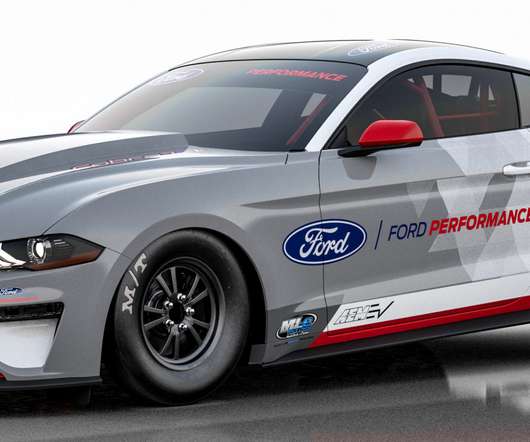GFEI report concludes 50% improvement in average fuel economy of entire global light duty fleet by 2050 is achievable; importance of the regulatory and fiscal environments
Green Car Congress
FEBRUARY 24, 2011
US NRC panel’s summary estimates of the potential reduction in petroleum consumption by 2035 for vehicle powertrain types assuming that the entire potential of these technologies is used to improve fuel economy rather than performance. This is equivalent to increasing fuel economy from about 30 to about 60 MPG, from 12.5























Let's personalize your content